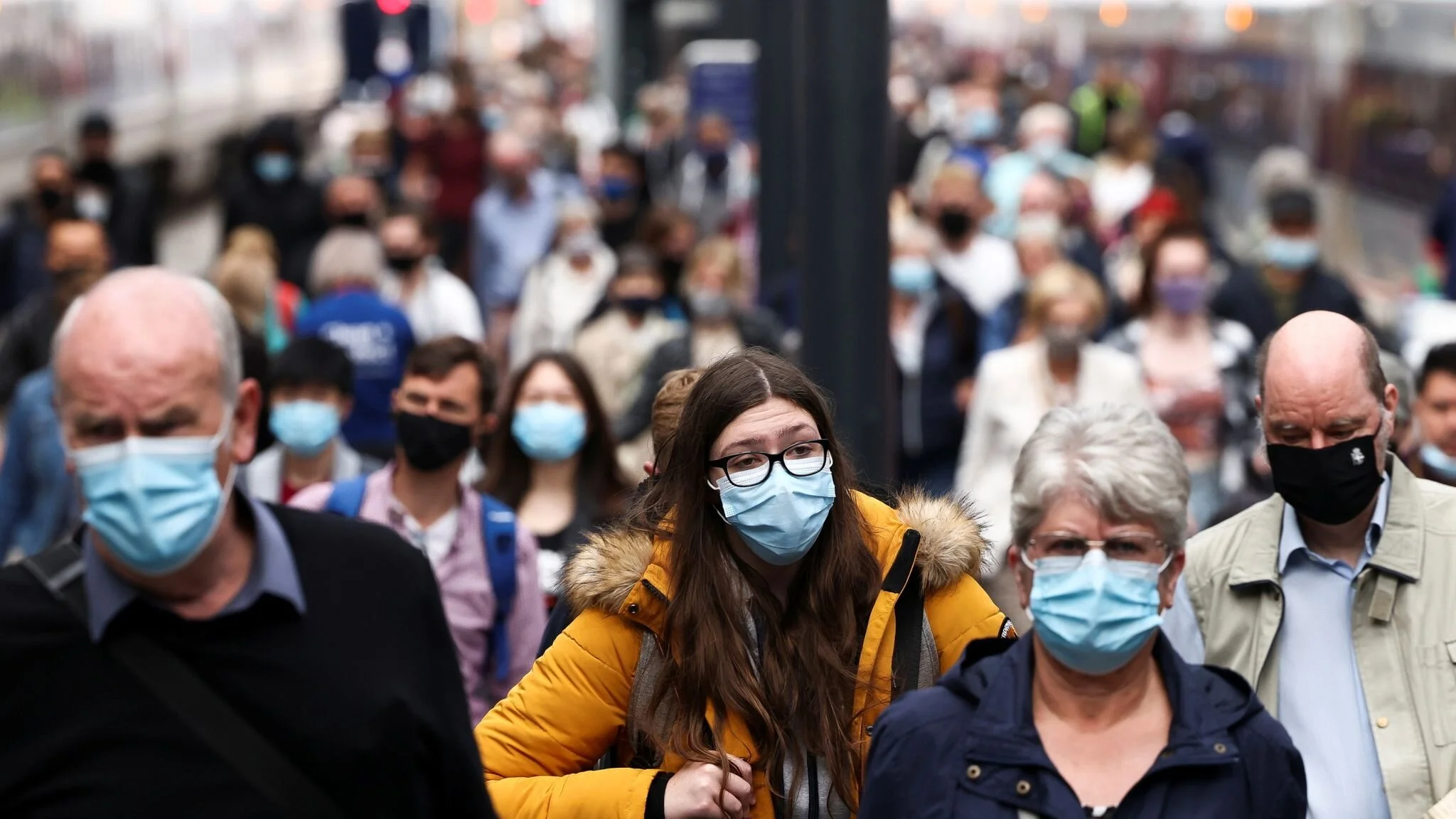“Freedom Day” in England: how free is it?
11th July marked the day when the England team failed to make it “come home”. On 14th July, restrictions were scraped off, probably planned for an awaiting celebration of the first Euro win, which sadly did not happen. What happened instead was a concerning rise in cases of COVID that could reach 100,000 a day, according to health secretary Sajid Javid.
Daily COVID-19 cases have risen once more
The decision that led up to the easing of covid restrictions faced massive criticisms from scientists. “There is absolutely no justification for relaxing restrictions now,” says Peter English, former chair of the British Medical Association’s Public Health Medicine Committee. “If anything, they should be tightened, at least until the increase in case rates has reversed.” This comment was backed up by the surge of cases right after the Euro final and “Freedom Day”, peaking at ~43,000 cases on 20th July.
Amid the concerns, government was confident that “jab by jab” the vaccination programme was reducing the link between infections and hospital admissions and it was time to begin returning to normal life. Still, it will be a hard-fought battle as many persist to refuse vaccination.
What does this mean to the economy though? A new poll from small business insurance provider, Simply Business, reveals the mixed feelings Freedom Day is creating for SMEs and the self-employed. Over half believe lifting social distancing for now is too early and we might risk another lockdown. The concern such that nearly a third of small business owners will retain social distancing and reduced capacity within their businesses. They also demand clearer guidelines from government on how to reopen safely.
It’s worth noting that Freedom Day, according to Peter Cheese, chief executive of the CIPD, the professional body for HR and people development, “shouldn’t signal a mass return to workplace, but it could signal the start of greater freedom and flexibility in how, when and where people work.” This means business wouldn’t rush to revert how they used to work, but it would still benefits businesses regain control and cut down on the losses caused by COVID-19.
People queue for the Viaduct Bar in Leeds, after the final legal coronavirus restrictions were lifted in England at midnight on Monday.
Photo: VCG
A clear upside of Freedom Day would be in the eyes of investors. In a recent finding, 65% of investors believe interest rates will rise in a year’s time, compared to 60% in June and 26% of investors believe interest rates will rise in 6 months, compared to 24% in June. This can signal a better chance of companies in the near future, although temporary benefits are still dull.


